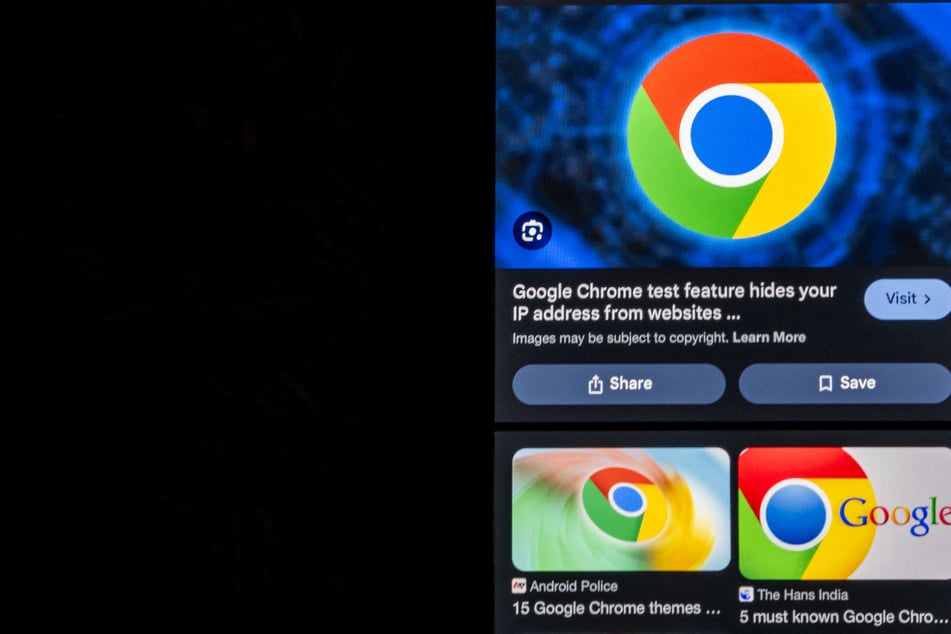Google scores victory over Justice Department as judge rules on Chrome web browser
Washington DC - The Justice Department suffered a setback in its search monopoly case against Google on Tuesday, as a federal judge rejected demands to force the tech giant to divest its Chrome web browser and Android mobile operating system.

Judge Amit Mehta wrote in a 230-page ruling that the government had "overreached in seeking forced divestiture of these key assets, which Google did not use to effect any illegal restraints."
At the same time, he prohibited the company from entering into exclusive agreements for the distribution of its key services, including web search, Chrome, and the AI software Gemini.
The ruling still allows Google to pay companies such as Apple or Mozilla, the developer of Firefox, to pre-install its services.
Trial documents show that Apple received billions of dollars for having Google Search pre-installed as the default on iPhones. For Mozilla, the pre-installation of Google Search in Firefox is a key source of revenue.
In the European Union, users are now explicitly asked which search engine they want to use, but the judge rejected mandating a choice for US consumers.
Google will also be required to share certain search engine data with competitors. This includes parts of the search index Google builds while crawling the web, as well as some information about user interactions.
The data is intended to help rival search engines such as Microsoft's Bing or DuckDuckGo, as well as AI companies like ChatGPT-maker OpenAI, in developing competing products.
The case stems from a court finding last year that Google holds a monopoly on web search and has defended its position against competitors by unfair means.
Google has announced it will appeal the decision, meaning Tuesday's ruling could represent just one step in a longer legal battle.
Cover photo: Brandon Bell / GETTY IMAGES NORTH AMERICA / AFP
